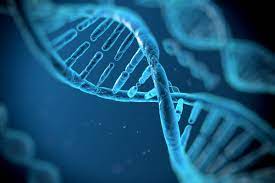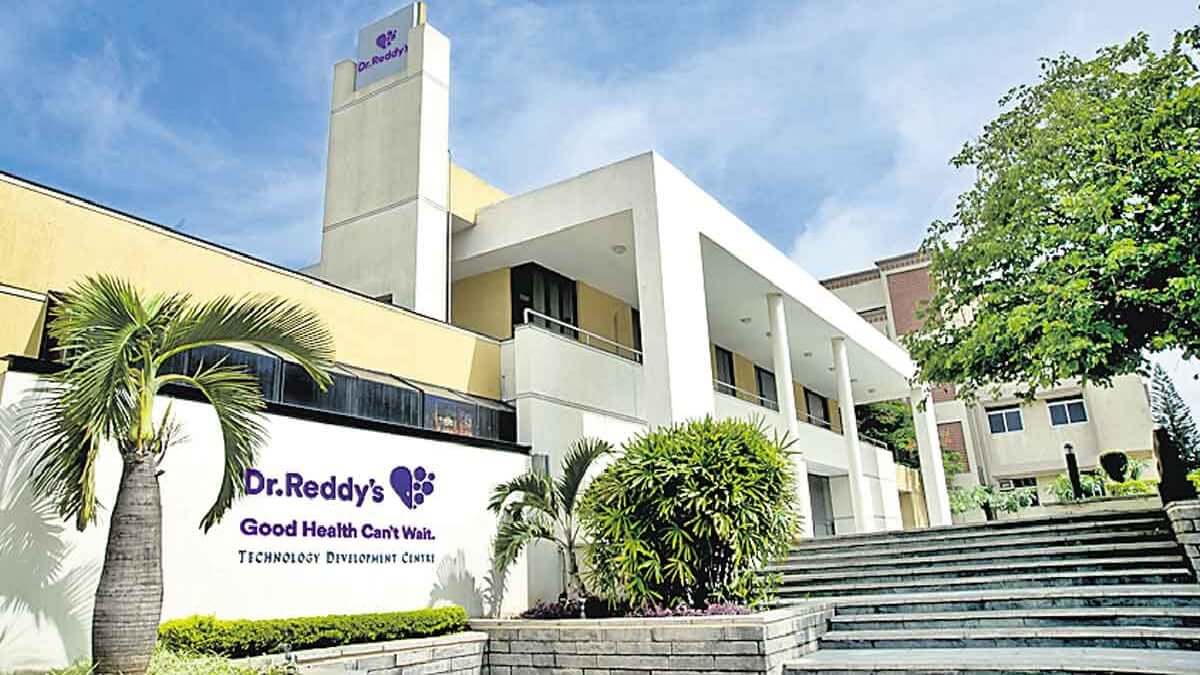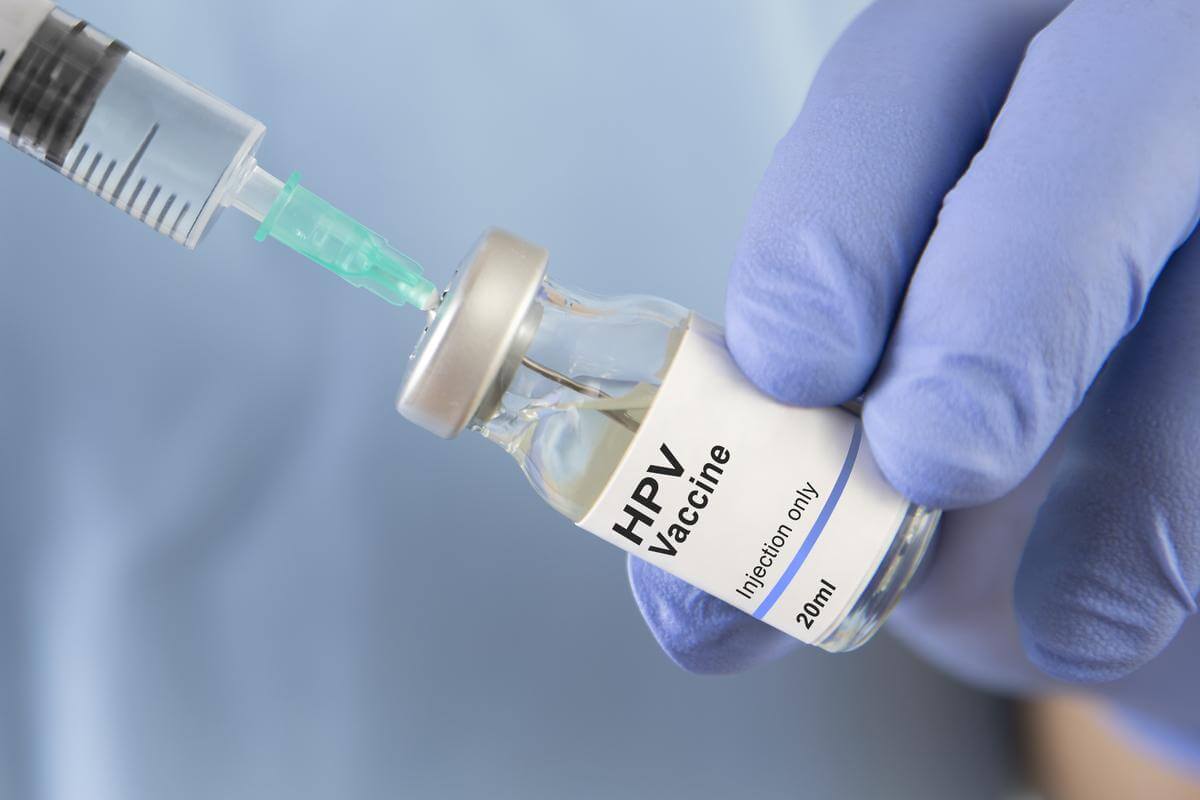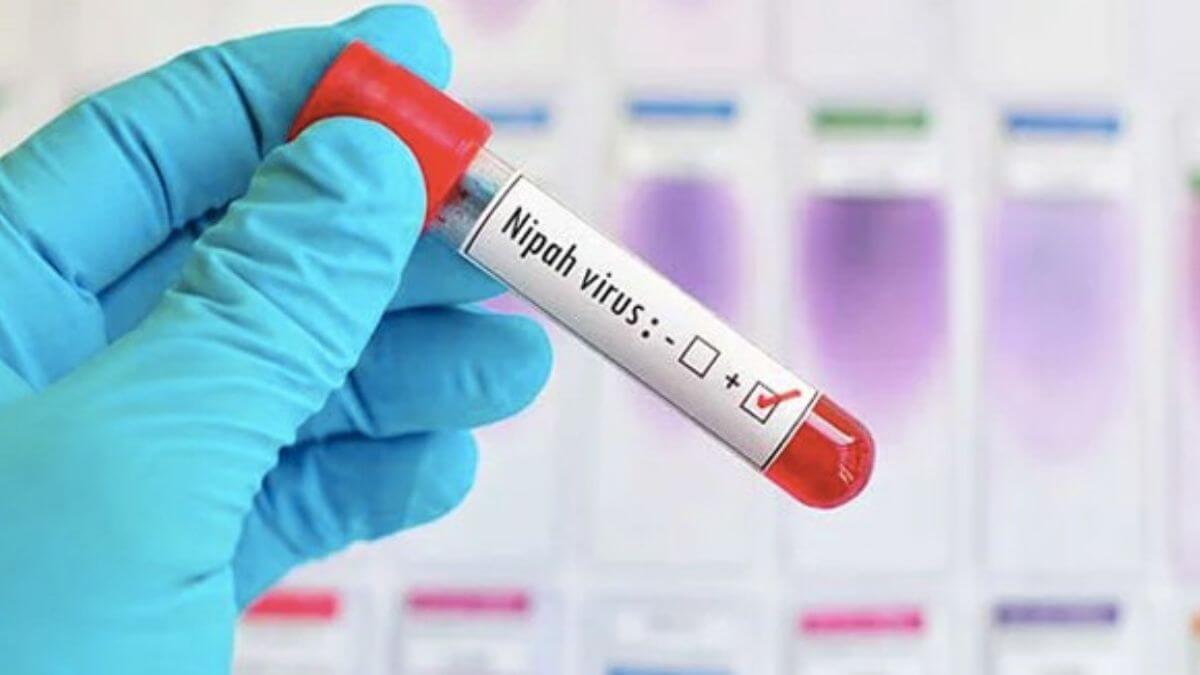Doctors are now turning to your DNA to predict and prevent disease
Sat 15 Nov 2025, 00:32:05

The future of healthcare in India is changing fast, and the change is happening deep inside our bodies, at the level of our genes. Thanks to major progress in genomics (the study of genes and DNA), doctors are no longer relying only on symptoms, scans, or physical exams to detect or diagnose diseases.
They are now studying our DNA, the basic code that makes each of us who we are, to understand diseases more accurately and treat them in smarter ways.
“Today, science and medicine have evolved to leverage the information decoded from the very blueprint of life, our DNA, for clinical, industrial, as well as research applications,” says Dr. Priya Kadam, Director of Reproductive Genomics at MedGenome, a genetic testing lab network in India.
DNA-based insights are redefining how diseases are predicted, diagnosed, and treated with far greater precision. The integration of genomics in healthcare is transforming patient care in India.
Genomics is already changing how doctors work. For example, it is helping in cancer treatment and tests during pregnancy.
“Oncologists today can pinpoint the exact diagnosis based on the underlying mutations and suggest targeted therapies by studying the tumour's genomic profile. In reproductive health, testing of pregnant women's blood can accurately screen for common disorders such as Down Syndrome in
the foetus," Dr Kadam explains.
the foetus," Dr Kadam explains.
These tests are also useful for couples who are planning to have a baby. Genetic carrier screening can tell them whether they carry genes that could cause certain inherited diseases in their children.
“Families can now find out their carrier status for certain diseases, understand the risk of passing them on to their children, accurately identify severe genetic disorders, and make informed decisions,” she says.
PREDICTING FUTURE DISEASES
Genomics is not just about treating diseases, it also helps people stay healthy. Some DNA tests can show if you are at higher risk for conditions like heart disease, so you can take preventive steps early, even before symptoms appear.
The integration of analytics and technology makes these insights accurate and actionable in clinical practice to improve patient outcomes.
“DNA decoding is driving the transition from reactive to proactive healthcare in India as increasing adoption of genomics is opening the door to more precise, predictive, and personalised medicine," Dr Kadam adds.
As genetic testing becomes easier and more affordable, it can help connect advanced science with everyday healthcare.
It could lead to a future where prevention starts with understanding our genes, long before a disease develops.
No Comments For This Post, Be first to write a Comment.
Most viewed from Health
AIMIM News
Latest Urdu News
Most Viewed
May 26, 2020
Should there be an India-Pakistan cricket match or not?
Latest Videos View All
Like Us
Home
About Us
Advertise With Us
All Polls
Epaper Archives
Privacy Policy
Contact Us
Download Etemaad App
© 2026 Etemaad Daily News, All Rights Reserved.

























.jpg)
.jpg)
.jpg)


